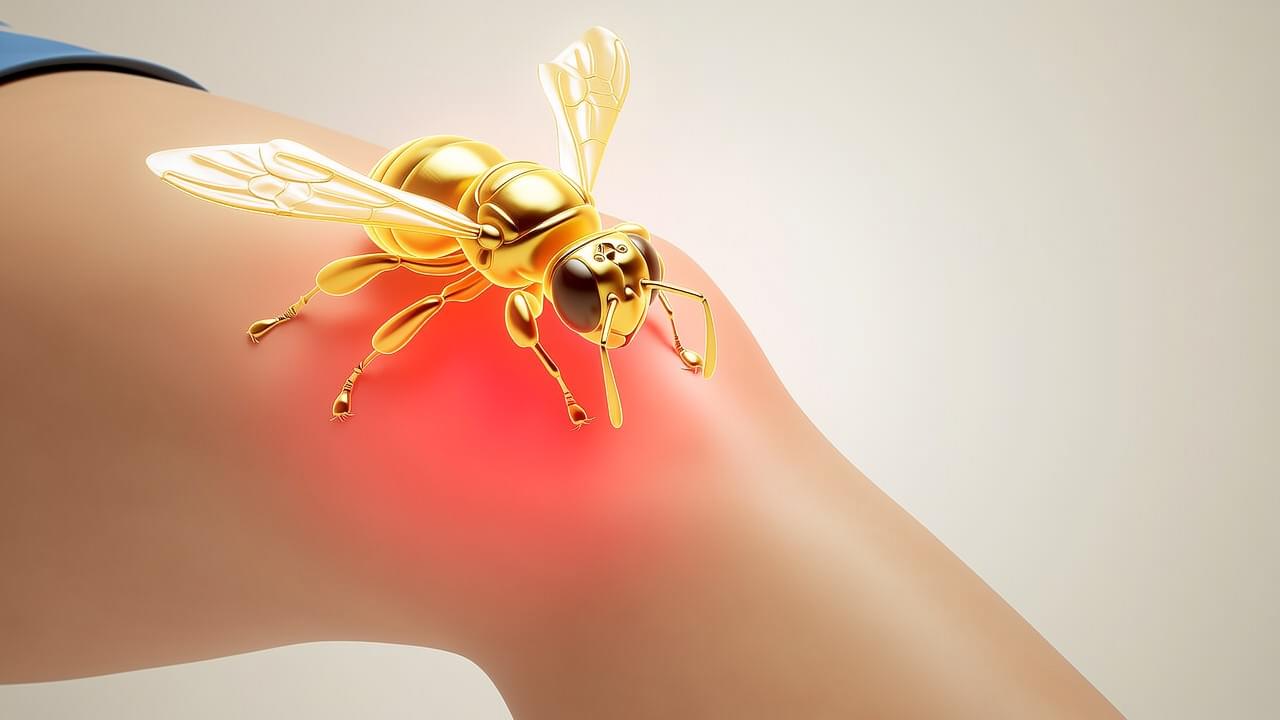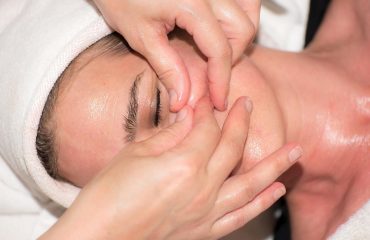Arthritis is a painful and persistent condition that affects millions worldwide. For many, daily tasks become difficult due to constant joint inflammation and stiffness. While prescription medications can help, they often come with unwanted side effects. That’s why more people are exploring bee venom for arthritis as a natural and science-backed solution for joint pain.
Bee venom—specifically its key compound melittin—has shown promising anti-inflammatory effects, offering hope for people living with chronic pain. From ancient remedies to modern clinical research, bee venom therapy is re-emerging as a safe, natural option for arthritis relief when applied correctly.
What Is Bee Venom and How Does It Help Arthritis?
Bee venom, or apitoxin, is a natural compound produced by honeybees. It contains bioactive molecules like melittin, phospholipase A2, and hyaluronidase, all of which contribute to its therapeutic properties.
Melittin, which makes up nearly 50% of the dry weight of bee venom, is known to:
- Inhibit pro-inflammatory markers like TNF-α and IL-1β
- Block pain-triggering enzymes such as COX-2
- Suppress joint swelling and immune overactivity in arthritis
These mechanisms make bee venom especially effective in reducing inflammation and pain in rheumatoid arthritis (RA) and osteoarthritis patients.
How Is Bee Venom Therapy Used for Joint Pain Relief?
There are several ways to apply bee venom therapy:
- Topical creams: Infused with purified bee venom, applied directly to affected joints.
- Injections: Administered by trained professionals under controlled conditions.
- Bee venom acupuncture: Combines traditional acupuncture with bee venom micro-dosing.
These methods offer controlled delivery without the risks of traditional live bee stings. Products like natural bee venom creams are becoming increasingly popular for home use, especially among those looking for natural remedies for joint pain.
Is Bee Venom Safe for Arthritis Treatment?
When used properly, bee venom is considered safe—but not without risks. The most significant concern is allergic reactions, which can range from redness to anaphylaxis. That’s why it’s essential to:
- Perform a patch test before using any product
- Avoid bee venom if you have known allergies to bee stings
- Always consult a medical professional before starting injectable treatments
Bee venom therapy is not recommended for pregnant or breastfeeding women, or individuals with autoimmune disorders unless approved by a physician.
Scientific Evidence: Does Bee Venom Work for Arthritis?
Research supports the use of melittin anti-inflammatory effects in arthritis:
- A 2022 study published in Clinical Rheumatology found that bee venom acupuncture significantly reduced pain and swelling in RA patients.
- Another lab study demonstrated that melittin reduces joint inflammation markers and cartilage destruction in animal models.
While more large-scale human trials are needed, current findings indicate strong potential for bee venom for arthritis as an adjunct or alternative to pharmaceutical treatments.
Why Choose Delee Honey for Bee Venom Products?
Delee Honey offers ethically harvested, high-purity bee venom ideal for clinical, cosmetic, or wellness applications. Key benefits include:
- Humane collection methods using mild electrical stimulation that does not harm bees
- Lab-tested purity and traceability to ensure consistent quality
- Global B2B supply with no minimum order quantity—perfect for research, startups, or established brands
Whether you are a supplement manufacturer, wellness brand, or medical researcher, Delee Honey provides the natural bee venom solution you can trust.
Is Bee Venom Right for Your Arthritis Care?
For those seeking a holistic approach to joint pain, bee venom for arthritis offers promising relief backed by science. Its powerful anti-inflammatory and pain-reducing compounds like melittin make it a compelling alternative to conventional medicine.
But always remember: natural doesn’t mean risk-free. Bee venom must be used with care and under guidance. If you’re ready to explore this natural breakthrough, consult a healthcare professional—and consider sourcing from reputable, ethical suppliers like Delee Honey.



